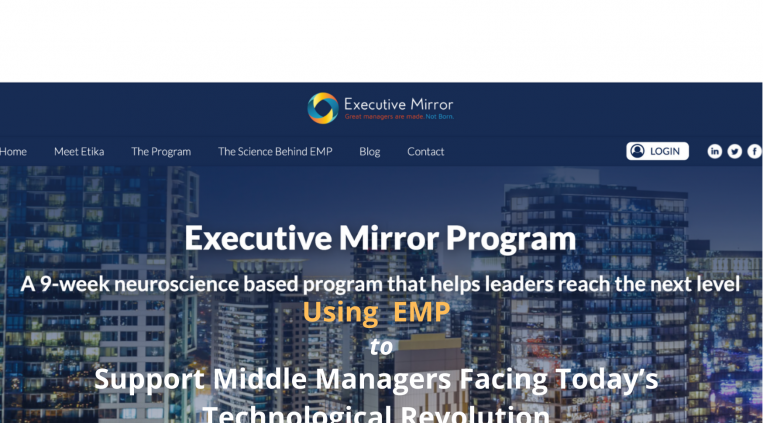
Supporting Middle Managers in Today’s Technological Revolution

A recent study in Harvard Business Review of 3000 global remote knowledge workers found that middle managers are 46% less satisfied with their work, compared to senior managers - attributing this to a lack of a sense of belonging, pressure, and lower productivity.
So what’s driving this disgruntlement?
According to London Business School professor of management Lynda Gratton, the world is in the midst of a type of “industrial revolution,” except that this time around, it’s called the Technological Revolution. Before the Industrial Revolution, the economy was based on an apprenticeship model. Masters would teach their craft to apprentices, who went on to become masters themselves. This economic model worked well until the invention of machines, which quickly replaced both the masters and their apprentices.
Today’s Technological Revolution seems to be following suit - but this time tech tools are replacing middle managers. Across industries, middle managers have always served as the interface between strategy and planning at the senior levels and execution at the lower levels. Traditionally, middle managers, armed with quarterly goals and KPIs, have been charged with checking output, providing corrective action, and reporting all of this (and more) to senior management.
But anyone who’s been involved in project management recently can’t deny that technology can do all of the above - often more effectively than middle managers. So with the introduction of these tools, the classic middle manager R&Rs have gone by the wayside.
What should organizations do?
It’s time to redefine the R&Rs of middle managers and the skills they’ll need to succeed. In terms of R&Rs, technology can’t choose itself (at least for now), so middle managers need to be skilled in identifying specific needs and selecting appropriate technologies that will eventually help them perform better. And tech tools are (still) lacking in team building and development - crucial “fuel” that keeps teams at their best. To do this well, middle managers need to train in soft skill areas such as creating a sense of belonging and encouraging effective communication among their team members.
The middle management level has always been the backbone of organizations. The backbone remains, but its function has changed. It’s time to support middle managers to thrive in the Technological Revolution.
And always remember:
Great managers are made. Not born.
get your weekly free blog update

Get my FREE ebook and never get turned down again !
Popular posts
-
Today, there doesn’t seem to be any aspect of our lives that isn’t...
-
When I welcomed Mark, the CEO of a very successful hi-tech company...
-
Ironically, many C-levels don’t even consider working with...
-
For those of you...
-
What seems to be the dream of every number two in an organization...
-
I believe that coaches can help leaders with an ego by focusing on...
-
I’ve said it before. There’s a chronic illness plaguing our...
-
“What’s bothering you, Marlene?”
As I watched...













COMMENTS
Leave a comment